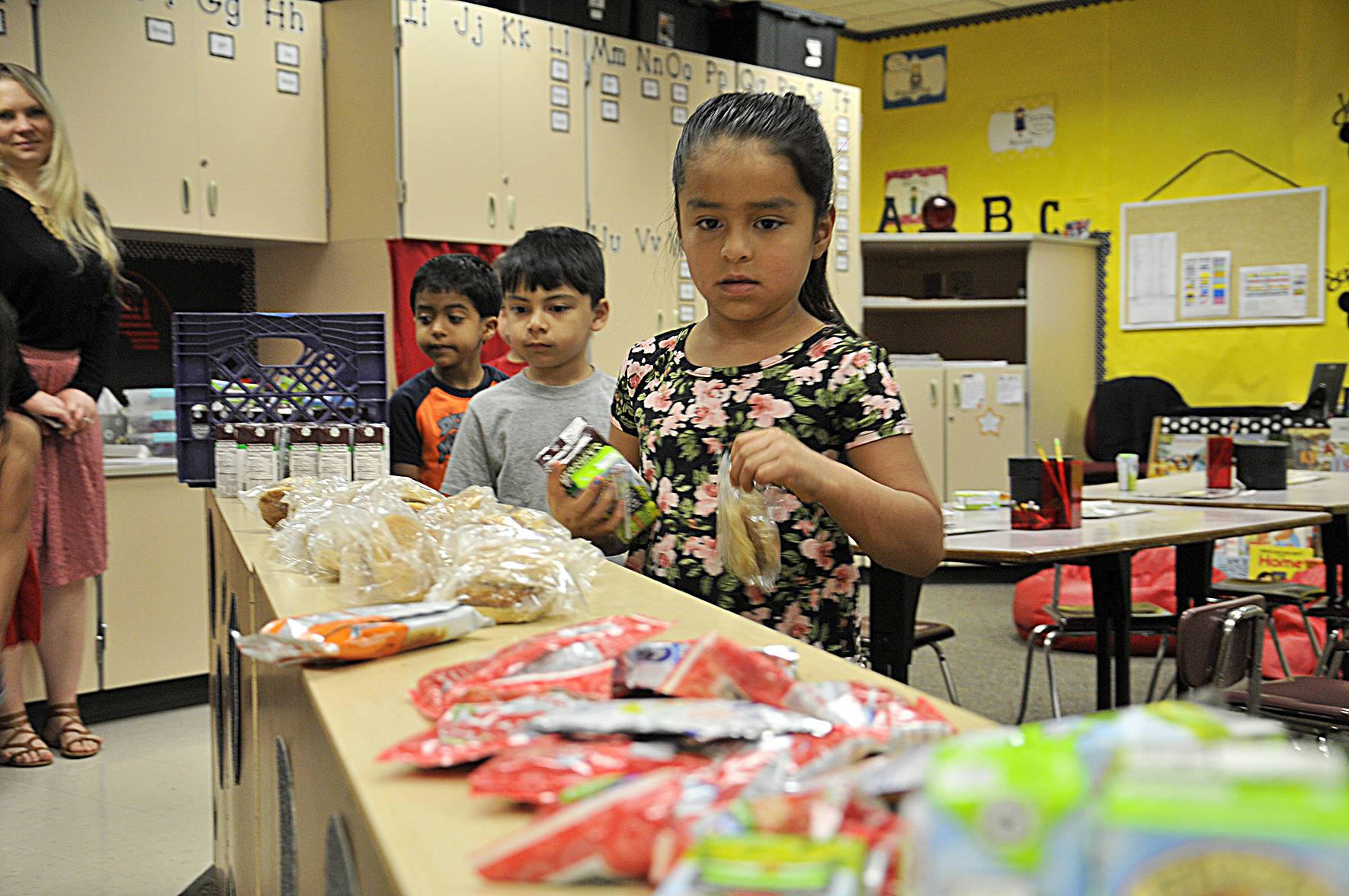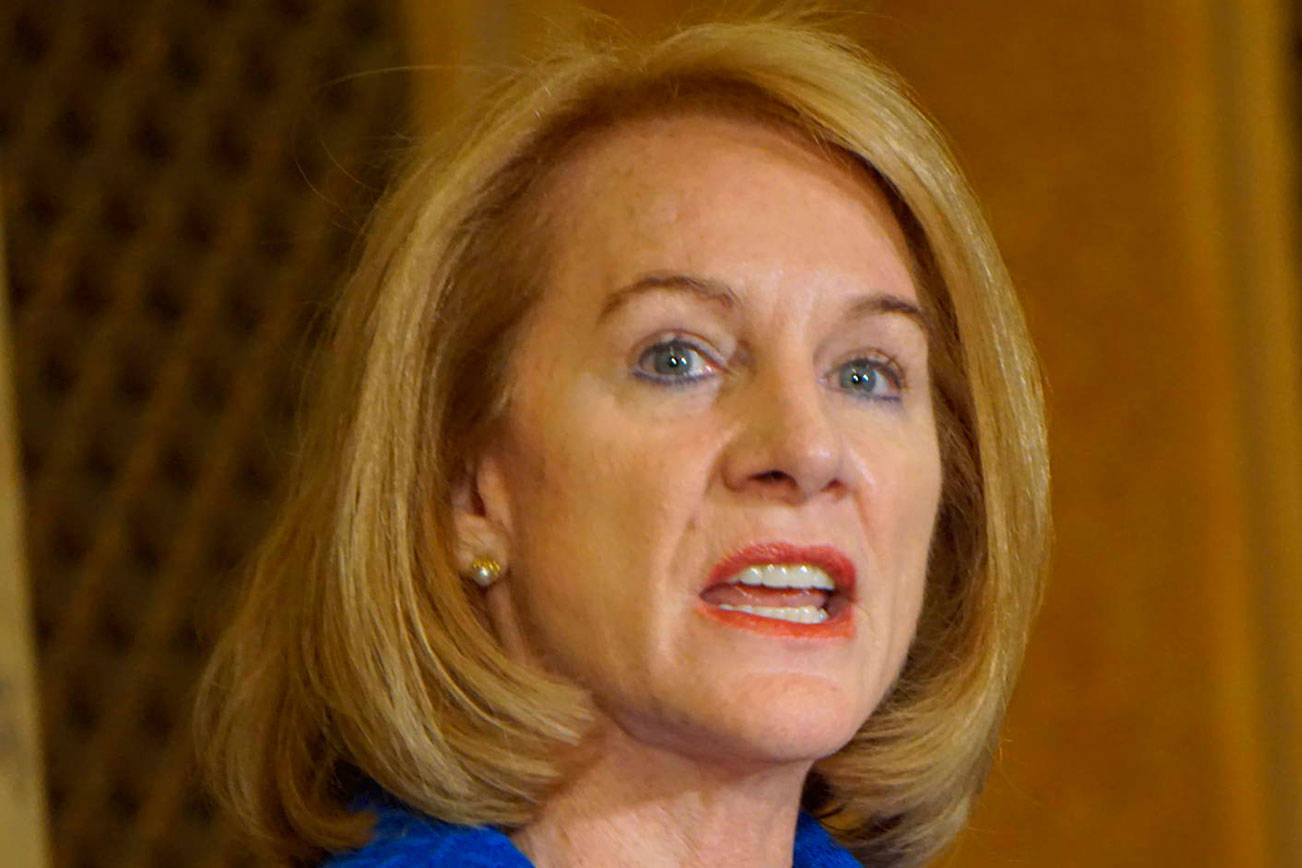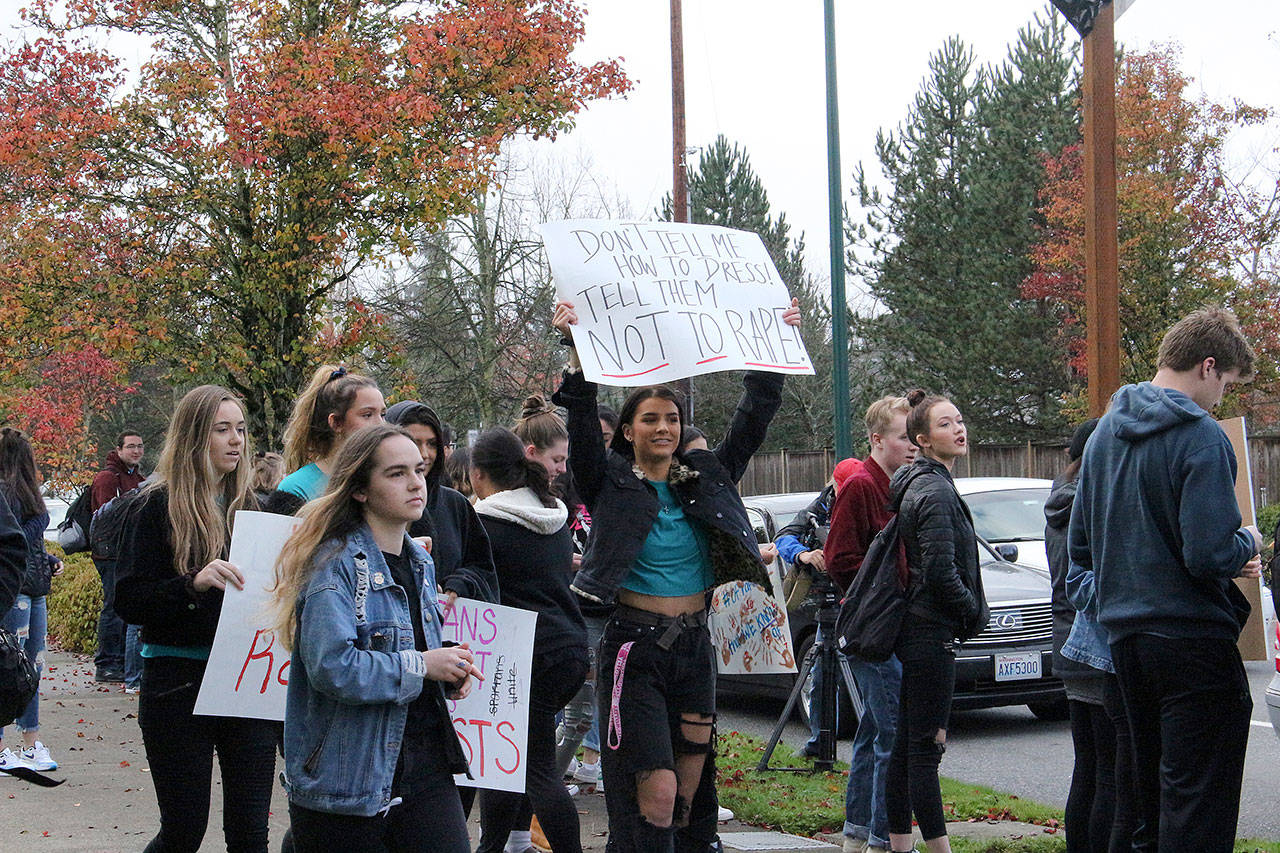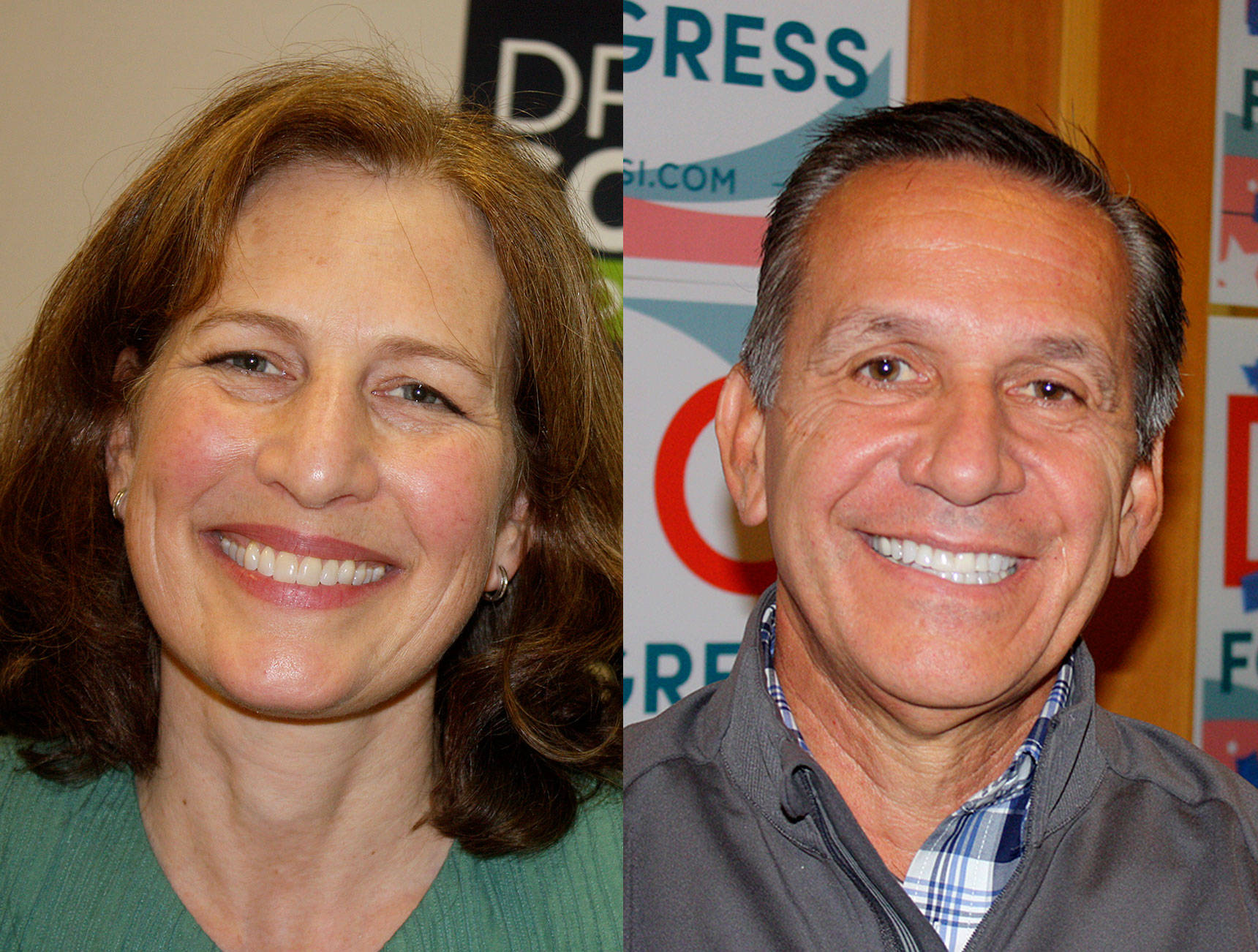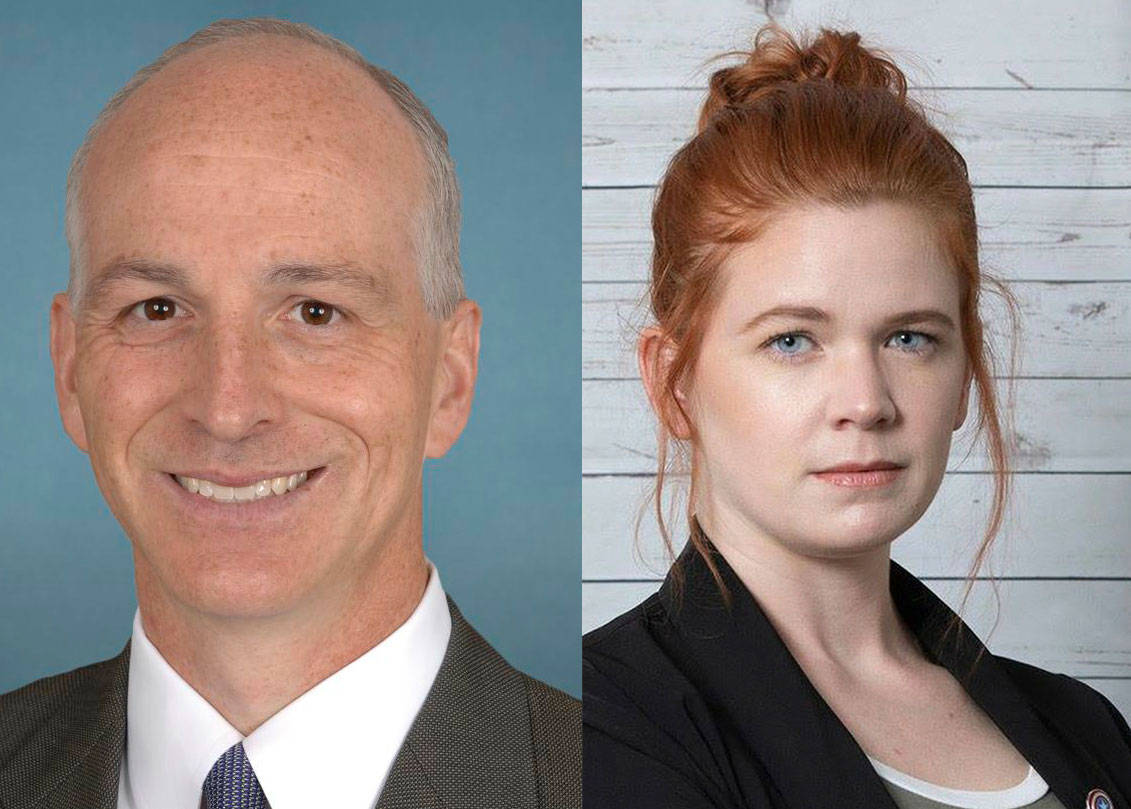• A program at Cascade Elementary in the Renton School District was recently recognized in the 2018 Breakfast Hero contest, held by the national anti-hunger campaign No Kid Hungry.
The program, which ensures that every student in the school eats breakfast in their classroom, was one of five winners nationwide. Cascade Elementary is the first school in the district to pioneer the program, which was made possible by funding through United Way of King County
“I was surprised, but also excited. It’s neat to be recognized for doing something that meets the needs for all of our kids,” said Principal Rachel Lockhart. “It’s really the partnership between United Way, the nutrition services department in the district and the willingness of our school staff to create the program and be able to implement it.”
“This amazing group of people, each with a different role at the school and in the district, worked highly collaboratively with us to build out a Breakfast in the Classroom model,” said Ayako Shapiro with United Way of King County, in a press release. “They brought excitement, enthusiasm, and a willingness to try new things and problem solve together every day. So many more students are now accessing breakfast as a result of all of their hard work.”
According to No Kid Hungry, one out of every five kids in Washington face hunger. At Cascade Elementary, 65 percent of students are eligible for free or reduced price meals.
The program was launched in March. Before the program began, Kitchen Manager Jackie Hood said she was serving breakfast to about 100 students in the cafeteria. Now she makes breakfast for about 400 students daily.
“(My students) have more energy,” said kindergarten teacher Alisa Vinson. “Breakfast has helped give them the extra boost.”
The food is prepared, packaged and delivered to the classrooms by volunteers where every student, even students who do not qualify for free or reduced price meals, have breakfast at no cost.
“Now there’s (breakfast) for everybody and they can access it for free,” said Lockhart. “It establishes a nutritious breakfast for everyone, but also a sense of community. It’s something everyone is doing together each and every day. In the classroom, it’s how they’re starting the day together.” Renton Reporter
• A person was killed and another wounded after a cougar attack by Lake Hancock near North Bend on Saturday morning. The King County Medical Examiner’s Office identified the victim as 32-year-old Sonja J. Brooks “SJ,” an inclusion activist and beloved member of Seattle’s cycling community.
Brooks and the 31-year-old man, also of Seattle, were riding their mountain bikes in the area at 11 a.m. when they saw a cougar chasing them. They reportedly began to make noise to chase the cougar away and one of the riders struck the cougar with their bike, which caused it to run off. King County Sheriff’s Office Sgt. Ryan Abbott said the pair continued to make noise, doing exactly what is advised when hikers are approached by a cougar.
When the mountain bikers attempted to resume their ride, the cougar jumped on the man, who reported that the animal had his whole head in its mouth as it shook him around. Brooks saw this and took off running, Abbott said. The cougar then dropped its first victim and chased after the running hiker.
The first victim escaped on his bike and started pedaling away. He rode for about two miles until he was able to find cell phone reception and called 911. King County Sheriff’s Office, the Washington Department of Fish and Wildlife, Bellevue Medics, Snoqualmie Fire Department, and Eastside Fire and Rescue, responded to the call. The man was treated on the scene and transported to Harborview Medical Center where Abbott said he is in satisfactory condition.
The deputies, Abbott said, later found a cougar with Brooks’ body in what appeared to be the animal’s den. Officers shot at the cougar, which then fled the scene. Washington Department of Fish and Wildlife Capt. Alan Myers said that King County and WDFW responders secured the scene and contacted a hound hunter who brought up his tracking dogs to locate the cougar.
The cougar was eventually found up in a tree 200 yards away from the den, Myers said. Officers shot and killed the animal.
“Once it was captured, it was bagged and tagged properly and brought out of the scene along with the evidence to verify that cougar was linked to the unfortunate event,” Myers said.
The cougar was taken to the state veterinarian for a necropsy. Snoqualmie Valley Record
• Olympic swimmer and Auburn native Ariana Kukors Smith has sued USA Swimming, alleging the organization knew her former coach sexually abused her as a minor but covered up the crime.
In her lawsuit filed Monday in Orange County, California, Superior Court, Kukors Smith claims that Sean Hutchison, who started coaching her at an Auburn swim club when she was a child, began grooming her when she was 13, started touching and kissing her when she was 16, and first engaged in sexual activity with her when she was 17.
Hutchison denies the allegations, and prosecutors have not yet charged him with any crimes.
Kukors Smith is suing longtime Olympic coach Mark Schubert as well, claiming that he failed to report “a reasonable suspicion of child abuse or endangerment.”
Kukors Smith’s lawsuit alleges that as far back as 2005, top officials of swimming’s governing body were aware of allegations that her coach was having inappropriate relationships with underage swimmers, among them Kukors Smith, who was 16 at the time. In 2010, the organization hired a private investigator to pursue rumors of a relationship between the two, but closed the investigation without uncovering any misconduct.
Top officials of USA Swmming, Kukors Smith alleges, manipulated a background screening system to protect coaches accused of abuse from scrutiny.
Kukors Smith, the 2009 world champion in the 200-meter individual medley, placed fifth in the event at the 2012 Games. Kukors Smith is also a 2007 Auburn Mountainview High School graduate and a former Pac-10 champion at the University of Washington. Auburn Reporter
• Concerns over whether King County and local cities are on track to meet their climate goals have prompted a group of citizens and organizations to band together to push for more robust climate change solutions.
In 2015, King County and 13 cities signed on to a climate initiative known as King County-Cities Climate Collaboration, or K4C. It outlined a commitment to reduce greenhouse emissions by 25 percent of 2007 levels by 2020, 50 percent by 2030 and 80 percent by 2050. The initiative also suggested implementing policies that would put a price on carbon, reduce vehicle miles traveled, concentrate urban growth and push for renewable energy use.
Now, a group comprised of residents and environmental groups—a coalition tentatively known as K5C—is saying that the county and municipalities are not following through. The group is currently discussing strategies to put more pressure on municipalities to meet those emissions goals.
“Most of the cities don’t have concrete plans about how they’re going to achieve this greenhouse gas emissions, plans that can be measured,” said K5C member Kristi Weir. “Even though they signed on to this, there has not been funding and a specific plan put forward.”
King County tracks progress through periodic snapshots of its performance. A comprehensive review of progress is due out by June 30. Matt Kuharic, senior climate change specialist for King County’s Department of Natural Resources, said progress so far has been a mixed bag. In areas the county has direct control over, such as promoting transit use, switching vehicle fleets to cleaner fuels and managing forests, the county has been fairly successful.
However, finding ways to reduce emissions community-wide has been more challenging.
“Those are harder and specifically when you look at our overarching greenhouse gas targets, which is in a lot of ways the bottom line, we’ve made some progress, but we’re not meeting our community-scale greenhouse gas targets,” Kuharic said.
Members of the K5C group believes more could be done locally to tackle emissions. Court Olson is a member of Climate Solutions and works as a green building consultant. He’s worried that the ambitious goals set by the county haven’t had enough organization and resources put towards them.
“The county, along with a few cities have nibbled around the edges of that challenge and done a few things,” he said. “No significant reduction has happened yet and we’re two years away from the 2020 target.” Bellevue Reporter
